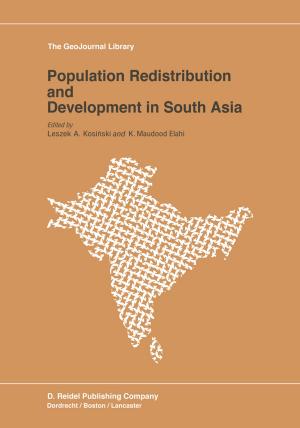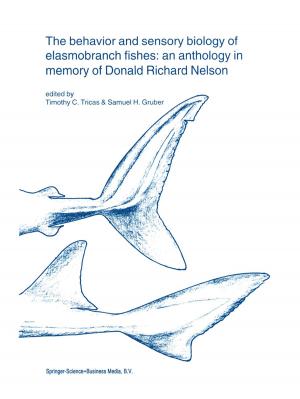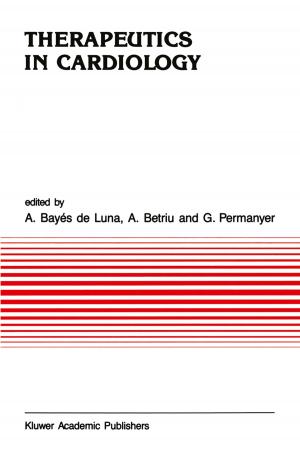| Author: | P.A. Floyd | ISBN: | 9789401130424 |
| Publisher: | Springer Netherlands | Publication: | December 6, 2012 |
| Imprint: | Springer | Language: | English |
| Author: | P.A. Floyd |
| ISBN: | 9789401130424 |
| Publisher: | Springer Netherlands |
| Publication: | December 6, 2012 |
| Imprint: | Springer |
| Language: | English |
Basalt is the most voluminous of all the igneous rocks. Extensive field, experimental, petrographic and geochemical studies of basalt have provided us with a considerable understanding of igneous petrogenesis, plate tectonics, and crust-mantle interaction and exchange. One important aspect of geology that has developed over the last few decades is the study of oceanic basalts. The ocean basins cover about two thirds of the earth's surface and are floored by a basement of oceanic basalt that is continuously undergoing generation at spreading centres and destruction at subduction zones, a process which throughout geological time is recognized as the principal means of generating new crust. The study of oceanic basalts enables us to understand better the generation and recycling of crustal materials (including the continental crust), and the exchange between oceanic crust and seawater via hydrothermal activity. Compositional variations displayed by oceanic basalts provide windows into the mantle, and the identification of isotopically-distinct mantle reservoirs demonstrates that the source of oceanic basalts is heterogeneous and is controlled by convection and reservoir interactions within the mantle.
Basalt is the most voluminous of all the igneous rocks. Extensive field, experimental, petrographic and geochemical studies of basalt have provided us with a considerable understanding of igneous petrogenesis, plate tectonics, and crust-mantle interaction and exchange. One important aspect of geology that has developed over the last few decades is the study of oceanic basalts. The ocean basins cover about two thirds of the earth's surface and are floored by a basement of oceanic basalt that is continuously undergoing generation at spreading centres and destruction at subduction zones, a process which throughout geological time is recognized as the principal means of generating new crust. The study of oceanic basalts enables us to understand better the generation and recycling of crustal materials (including the continental crust), and the exchange between oceanic crust and seawater via hydrothermal activity. Compositional variations displayed by oceanic basalts provide windows into the mantle, and the identification of isotopically-distinct mantle reservoirs demonstrates that the source of oceanic basalts is heterogeneous and is controlled by convection and reservoir interactions within the mantle.















